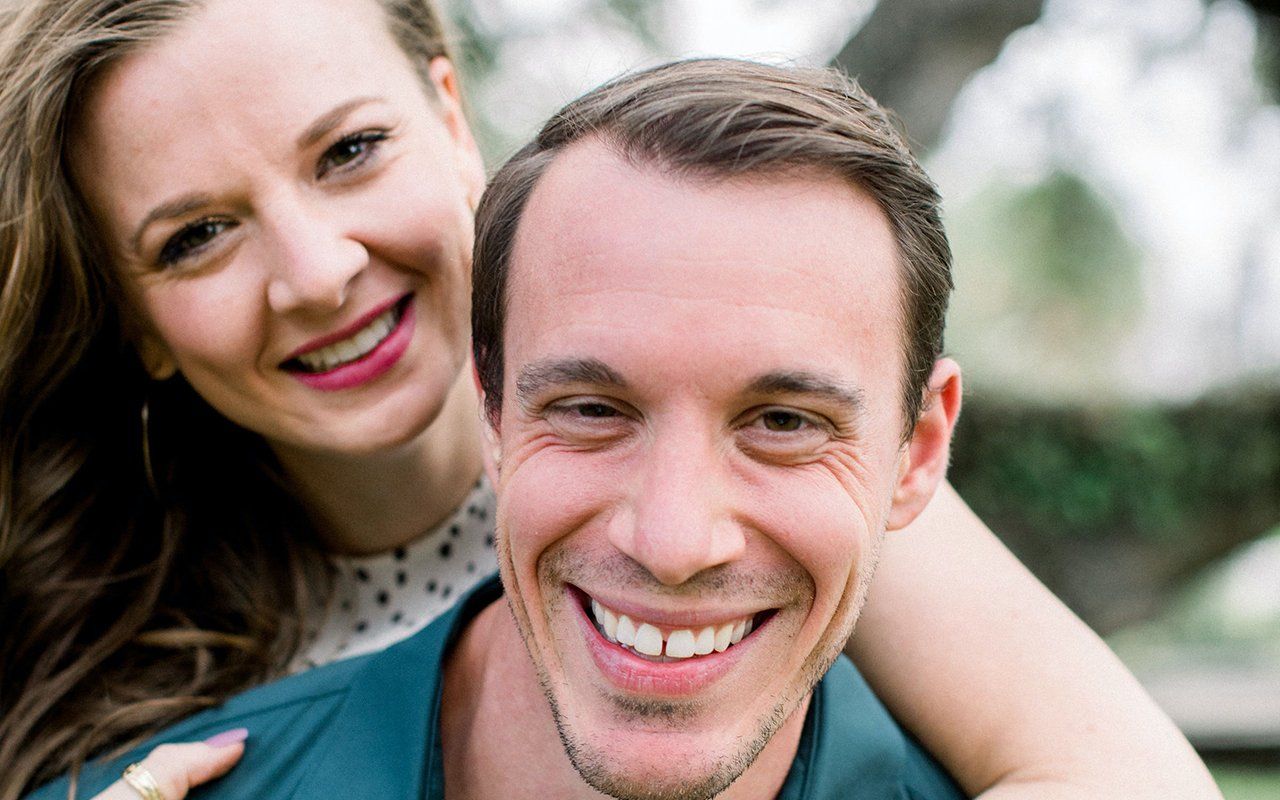CALL:
Can Both Discovery and Disclosure Lead to Betrayal Trauma?

That was it; discovering your spouse has been lying and manipulating situations to engage in porn hit so hard it took your breath away. But that's not all; trust came crashing down like a chandelier from the ceiling, shattering your sense of reality. As tears stream down your cheeks, you can't decide if you're more angry or devastated. Although there may not be words to describe how you're feeling, there may be a term that encompasses it all, betrayal trauma.
Betrayal trauma is the result of a traumatic experience where your partner betrays your trust, safety, or security. It can occur in almost instantly. Finding out about the betrayal can be traumatic regardless of whether you discover it on your own or if your spouse discloses it. While emotions flood your mind, you may not know how to react. The important thing to know is you are not alone. There are many who are walking in your shoes right now. Likewise, there are avenues of support available that may help you get through this difficult time.
In this article, we'll talk about betrayal trauma. We'll also discuss the differences between discovery and disclosure.
What is betrayal trauma?
Betrayal trauma is the result of a severe betrayal of trust within a relationship. This type of trauma is likely to occur between couples. However, betrayal trauma can also occur when one depends upon another for security and safety, and that is violated. For example, children who are neglected or abused by their parents or caretakers can develop betrayal trauma.
Many who are living with betrayal trauma experience many conflicting emotions. The betrayal can lead to chaos and confusion. Furthermore, it can lower your self-esteem and distort your perception of reality. It can also reduce feelings of safety and security.
What are the symptoms of betrayal trauma?
Symptoms of betrayal trauma can be similar to those of PTSD. They can be both physical and mental.
Let's highlight a few:
- Inability to focus
- Sleeplessness
- Irritability
- Anxiety
- Depression
- Anger
- Mood swings
- Hypervigilance
- Obsessive and compulsive thoughts and actions
Discovering Betrayal Trauma
There's a variety of circumstances that can find out about a betrayal. For example, due to the pandemic, many are working from home now. So, the ability to hide an addiction or infidelity is much more difficult. As a result, more partners are facing the consequences of such a betrayal.
Dr. John Gottman is a world-renowned psychologist researcher. He has years of breakthrough research. He says, "Betrayal is the secret that lies at the heart of every failing relationship – it is there even if the couple is unaware of it." (gottman.com)
There are two ways you can find out about a betrayal, through discovery and disclosure. While both can lead to betrayal trauma, one may lead to a quicker road to healing than the other.
Discovery is unintentional. For example, this occurs when someone is caught in the act or mistakingly leads their partner to their secret. Typically, it's shocking, highly emotional, and can catch both of you off guard. As a result, it may lead to more lies rather than transparency.
For example, you may discover your partner has a porn addiction when you walk into the home office late one night. Instantly there would be a lot of explaining to do. However, your partner, being caught off guard, may not just come out and disclose the issue at hand.
Disclosure Can Still Cause Betrayal Trauma.
Disclosure is the opposite of discovery. It occurs when your partner comes to you ready to discuss their actions. Likewise, it's voluntary and is often planned out. Usually, the intent of disclosure is to take accountability and offer transparency. Although being told about a betrayal may be less heated and confrontational, it's not likely to hurt any less. Similarly, it can be as traumatic as discovery. Both can lead to betrayal trauma.
Amid your heartache of discovery or disclosure, you may find some clarity. How? Suddenly you may understand why there have been so many "late nights" at work. Now you may recognize why asking questions has resulted in such bitter, cold, defensive answers. Likewise, specific behaviors you were trying to understand may make perfect sense now. As such, you may realize your instincts have actually been spot on.
Disclosure is painful; there's just no way around it. Betrayal trauma within a relationship can be difficult to work through and heal. Some couples can heal; others can't. There are many factors that may determine the success the two of you will have.
The important thing is, regardless of whether your relationship survives, you get help and support to heal from your betrayal trauma. You deserve to process your emotions and work through the devastating moment that flipped your world upside-down.
Through our Addo Recovery Network, you can find many resources that may help you in your healing process. There are many platforms designed with you in mind. For example, BloomForWomen has a network of over 40,000 women working to heal from betrayal. To learn more about betrayal trauma or to find support, visit our website today.






